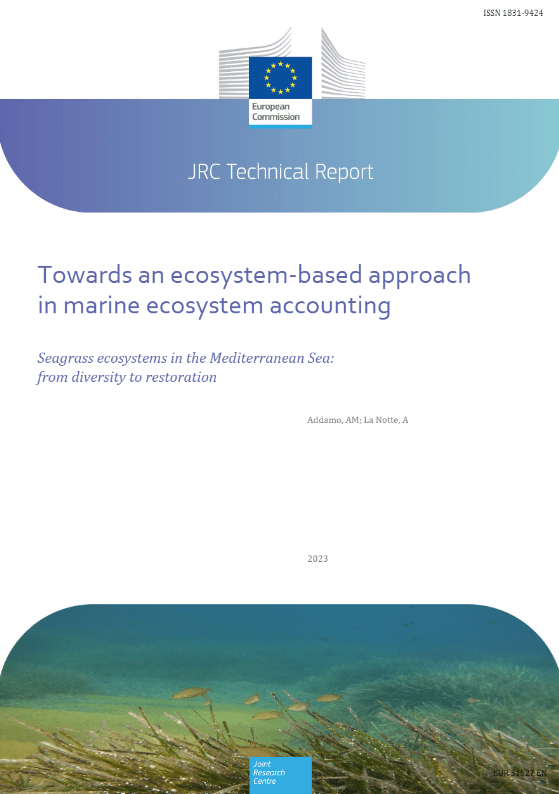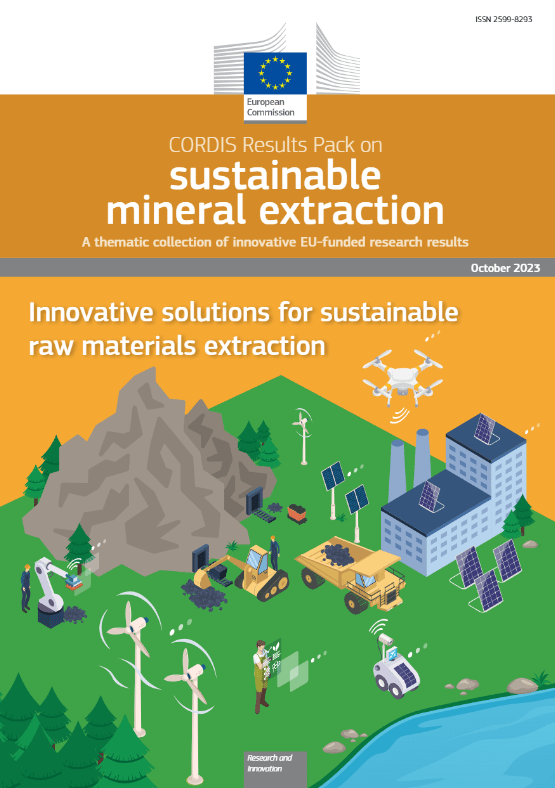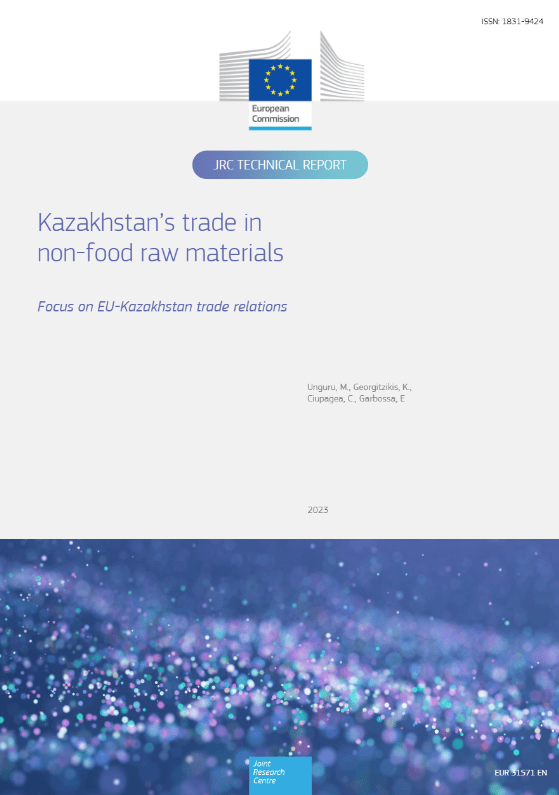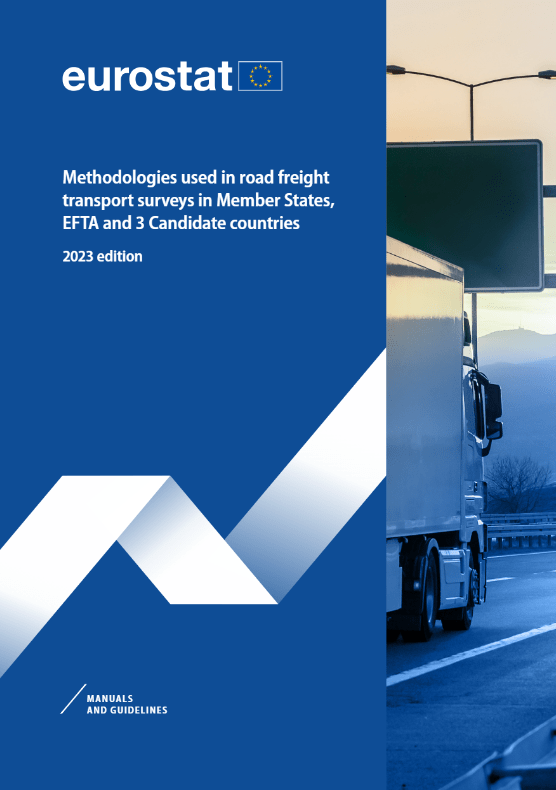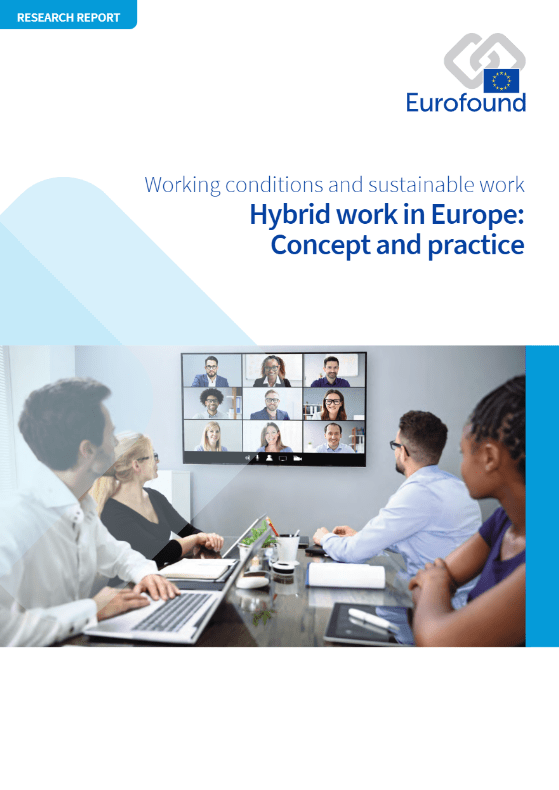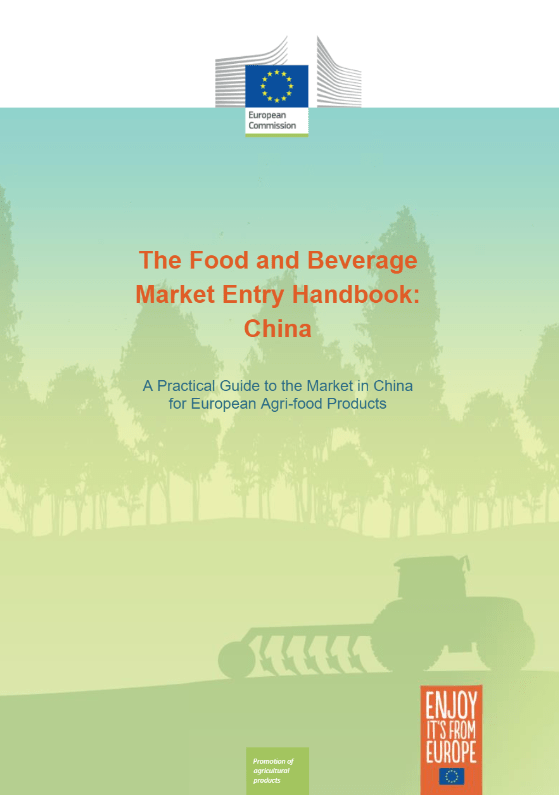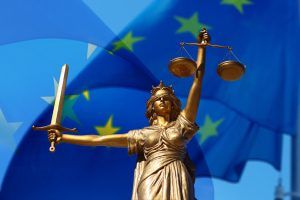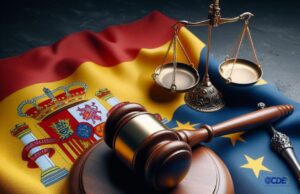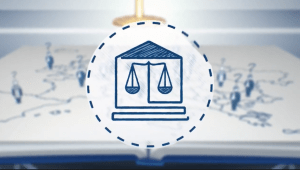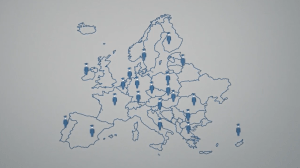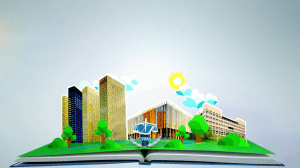
CDE Almería - Centro de Documentación Europea - Universidad de Almería
Centro de Documentación Europea de la Universidad de Almería
Derecho
Legislación, Jurisprudencia, Tratados y Sumarios de Legislación sobre las principales áreas de la política comunitaria. Contiene también las últimas noticias, mediateca y boletines relacionados con la materia.
Estás aquí: Fondo Digital CDE > Derecho

The aim of this report is to highlight the relevance of implementing an ecosystem-based approach in the marine ecosystem accounting. The evidences are based on non-exhaustive literature review and data and analyses present in non-public external study reports commissioned by Joint Research Centre (section 1, 2, 3), and are used to present a conceptual framework (section 4) for marine accounts. The report will focus on seagrass ecosystems, with a case study in the Mediterranean Sea, explaining their importance as essential (vulnerable) ecosystems with several key roles, from biodiversity hotspots to climate change mitigation, and highlighting their characteristics, condition, threats, and potential values of ecosystem services fundamental for the society and economy. Finally, the report will summarize the main methodologies applied for seagrass restoration (section 3) and include a brief narrative on the marine ecosystem accounting (section 4) as pivotal implementation of conservation, protection and restoration actions in the framework of European legislations, such as Biodiversity Strategy for 2030 and the Proposal on Nature Restoration Law, Marine Strategy Framework Directive, Common Fisheries Policy Regulation , Ecosystem-based Approach for Maritime Spatial Planning Directive, Nature-based Solutions, Sustainable Blue Economy, Taxonomy Regulation for Sustainable Activities, and the Regulation (EU) No 691/2011 on European environmental economic accounts.
[Leer Más]La vida moderna y los dispositivos que la acompañan, como teléfonos móviles, televisores de pantalla plana, automóviles, paneles solares, sistemas de orientación espacial, motores a reacción y marcapasos, dependen de los recursos minerales.
[Leer Más]This report is a factsheet developed as part of a series of country-level trade fiches feeding into a module of the Raw Materials Information System (RMIS) dedicated to raw materials analysis in the context of Russia’s aggression against Ukraine and its impact on the EU’s strategic dependencies. It provides a data-driven overview of Kazakhstan’s trade in primary, processed and secondary non-food materials, focusing on its trade relations with the EU. The novelty is the product coverage for non-food raw materials, which we have defined by allocating the trade flows available in the COMTRADE database at the HS 6-digit level to a Material/Product aggregate sorted out of downstream commodities and corresponding to the broad categories of Abiotic, Biotic and Energy. Kazakhstan is a net exporter of non-food raw materials and its trade is dominated by exports of Energy commodities, which are directed mainly to the EU. However, in 2020, China (USD 5 billion) and Russia (USD 3.2 billion) were the main destinations for the Kazakhstan’s exports of Abiotic raw materials, while the EU accounted for only USD 0.7 billion. In addition to Energy products, Kazakhstan is also an important EU supplier of several Biotic and Abiotic raw materials, including critical ones such as phosphorus, titanium and platinum. Among the EU suppliers of non-food raw materials, Kazakhstan ranks second for phosphorus and chromium and sixth for silicon.
[Leer Más]El presente documento describe los métodos utilizados por los Estados miembros, los países candidatos y los países de la AELC en sus encuestas sobre estadísticas del transporte de mercancías por carretera.
[Leer Más]The term ‘hybrid work’ was popularised with the upsurge of telework during the COVID-19 pandemic, when companies and employees started to discuss ways of organising work after the crisis. The term has been increasingly used to refer to situations in which (teleworkable) work is carried out from two sites: at the usual place of work (normally the employer’s premises) and from home (as experienced during the pandemic) or other locations. However, the concept of hybrid work is still fuzzy and various meanings are attributed to it. This report aims to bring clarity to this concept by exploring the available information from two main sources: recent literature and contributions provided by the Network of Eurofound Correspondents from across the European Union. It summarises the main debates around hybrid work in the Member States and shows how hybrid work has been implemented in practice across Europe. The main hindrances, challenges, benefits and opportunities of hybrid work are also discussed.
[Leer Más]Este Manual proporciona guías paso a paso para entrar en el mercado agroalimentario chino, incluyendo información relevante como el análisis del mercado chino para diferentes categorías de productos, acceso al mercado y procedimientos de entrada en el mercado, protección de la propiedad intelectual, referencias a compradores profesionales y un sistema de señalización y referencia que proporciona contactos útiles y formas de penetrar en el mercado chino.
[Leer Más]- « Anterior
- 1
- …
- 26
- 27
- 28
- 29
- 30
- …
- 2.961
- Siguiente »
